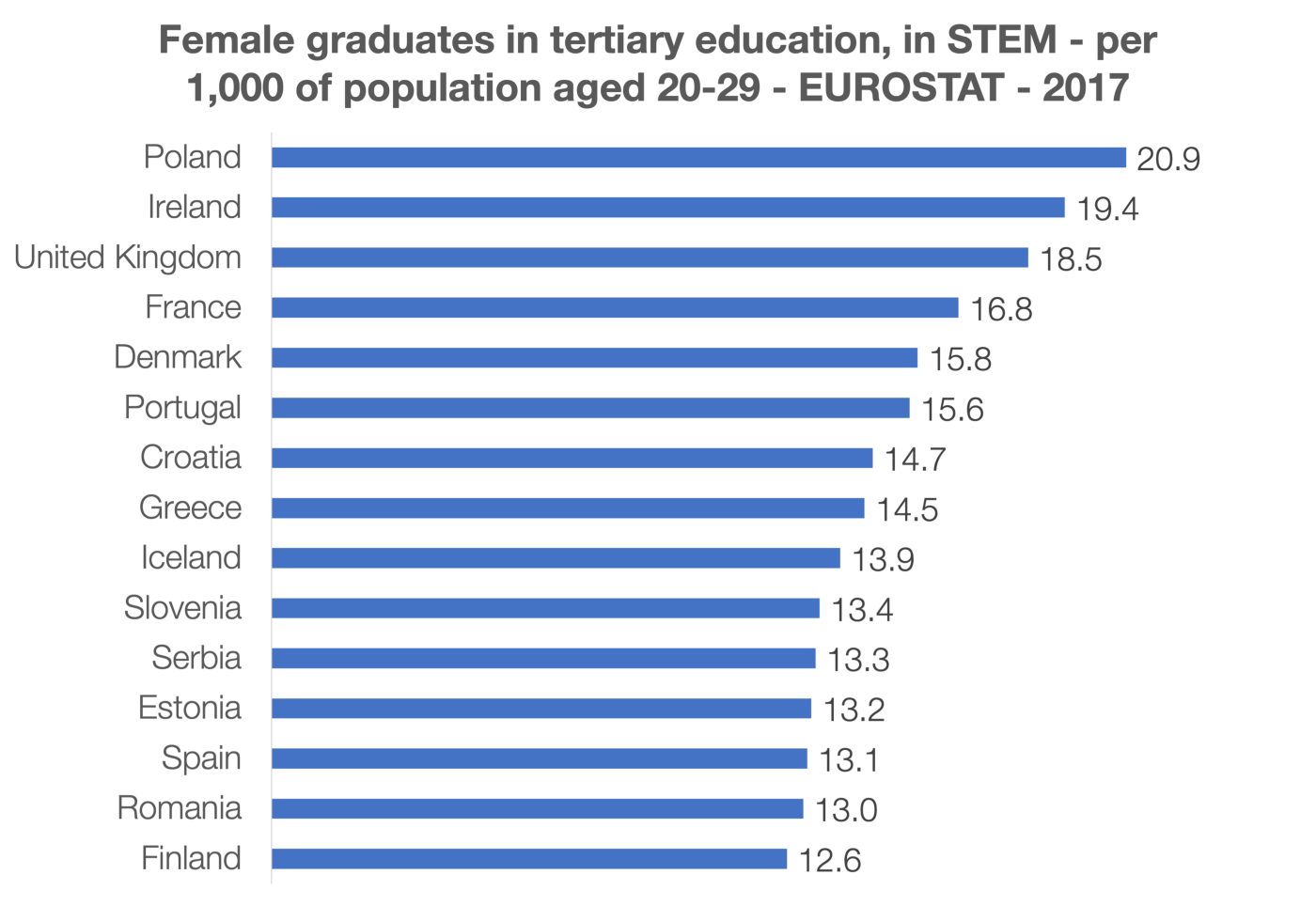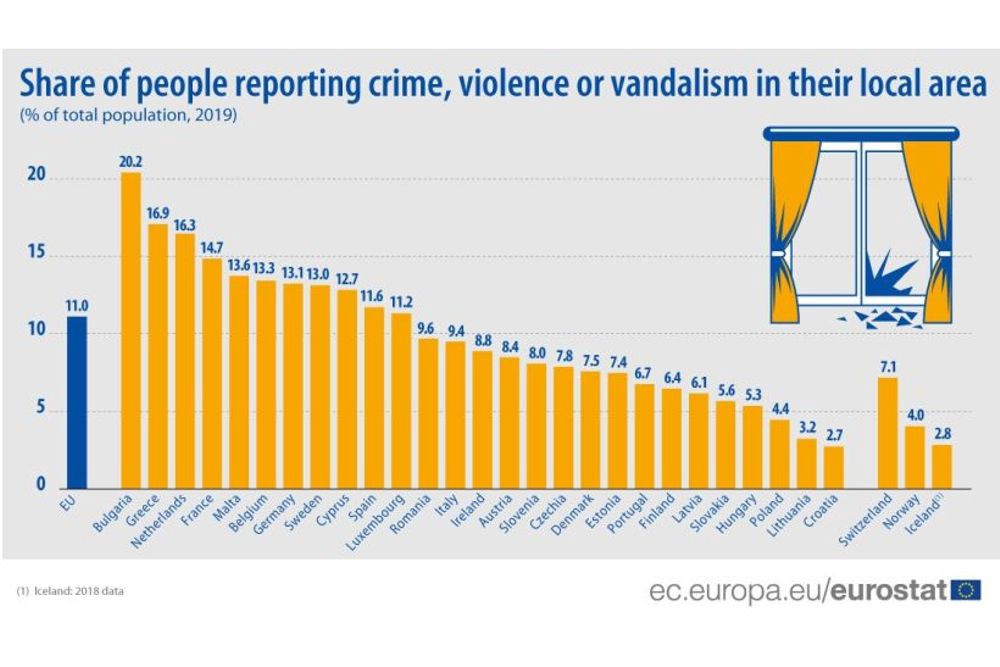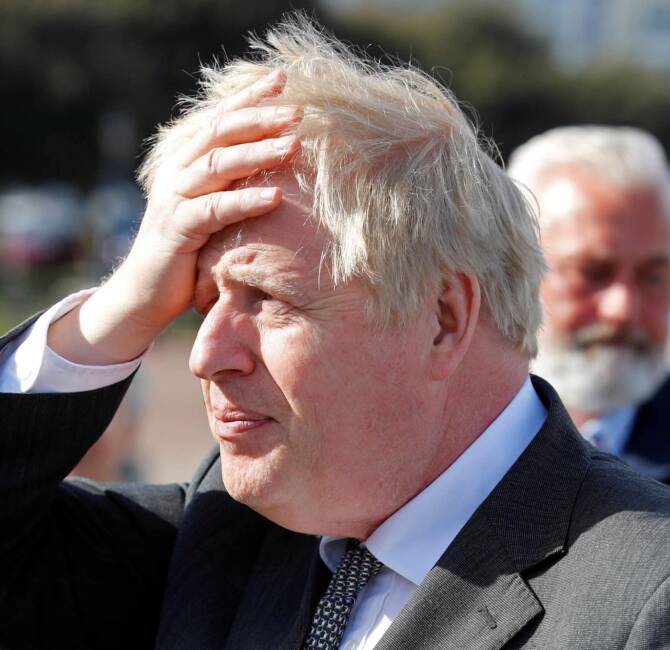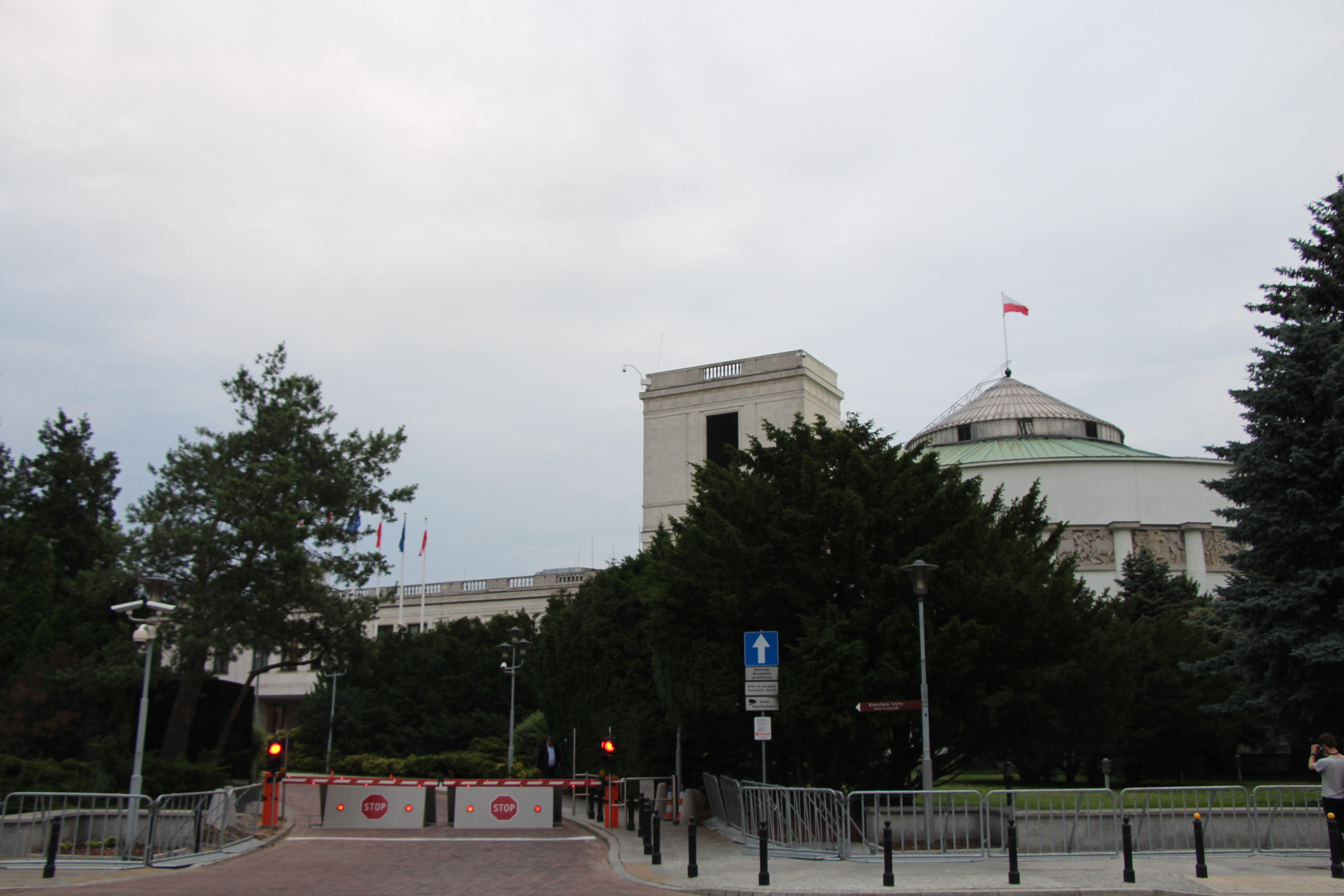This article was published online by Medium.com on 16 September 2021.
A question I get asked frequently is “why would you ever want to leave California for Poland?” It’s a sincere question, I don’t blame people for asking. Why on earth would anyone ever want to leave utopic California, for…of all places…Poland? Why would I ever want to leave behind the warm pristine beaches of the west coast, for the less temperate plains between the Baltic Sea and Carpathian Mountains.
I’ll break down my answer into two segments…The first being the economic opportunity and the second being quality of life.
Just for background, I am an American with Polish roots. I lived my entire life in the US, and moved to Warsaw in 2018.
—
The Economic Opportunity
—
High Concentration of Tech Talent
In terms of Graduates per 100,000 inhabitants, in 2017 Poland ranked #4 overall in total STEM graduates,
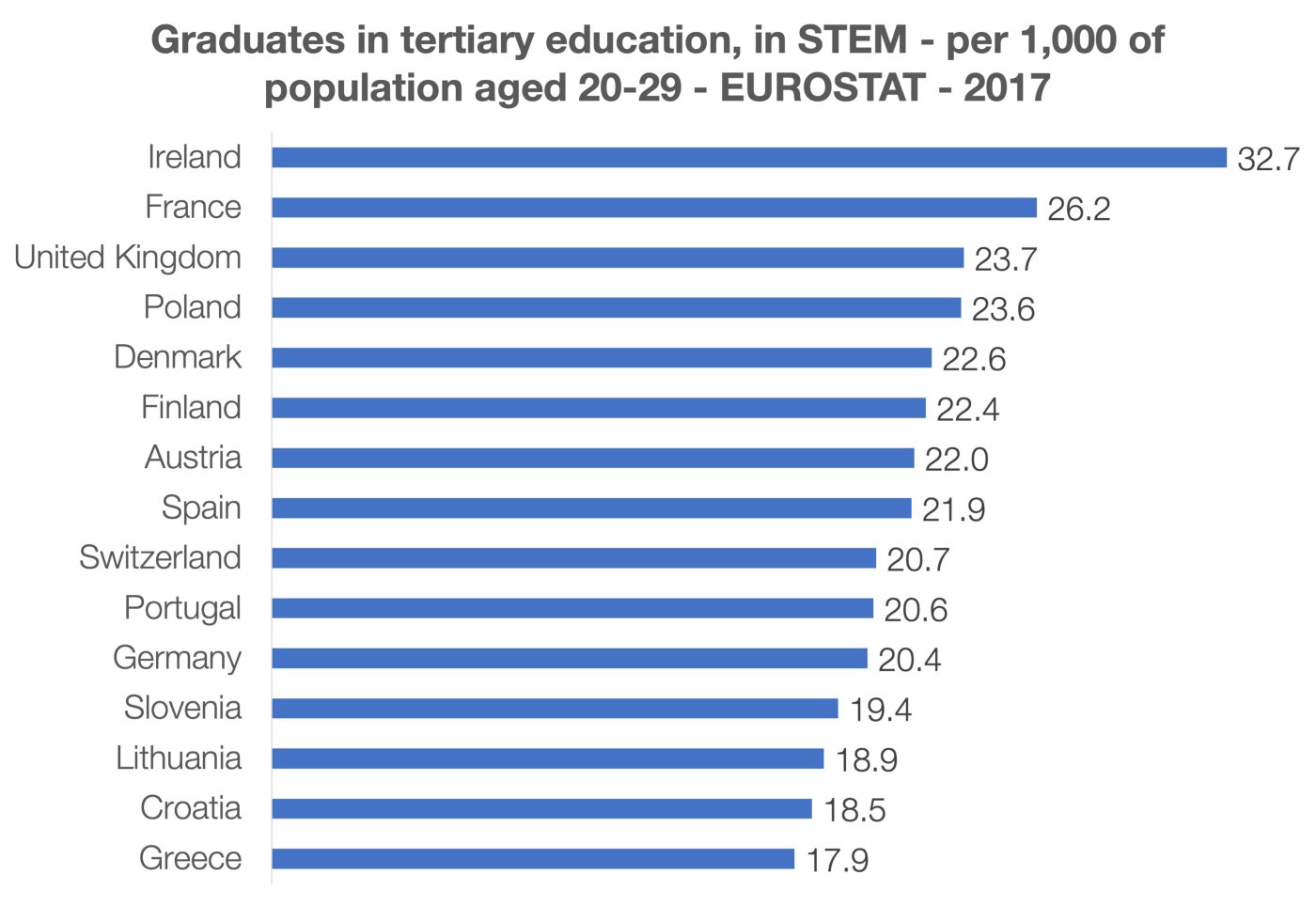 and #1 for Female STEM graduates in the European Union.
and #1 for Female STEM graduates in the European Union.
This sets Poland up to be a real competitor in the next 5–10 years in a world that’s becoming more and more digital. When you walk into a Polish tech company, its incredible to see the almost 50/50 split between male and female engineers. It’s especially shocking compared to the San Francisco Bay Area, where companies are primarily dominated by “brogrammer” culture.
However it’s not just the raw quantity of Polish talent that really sets the country apart, it’s the quality.
Poland is one of the world leaders in Data Science, Machine Learning and Quantum Information Theory. Polish engineers consistently top the charts on Kaggle, and Tech companies such as Box, Google, Microsoft, Nvidia and many more, are opening multi-billion dollar centres, in Deep Learning, Cloud Infrastructure and AI.
Polish Hardware company Creotech is also leading the Quantum Revolution in the region. They are the manufacturers of the Control System Hardware Stack called ARTIQ/Sinara. ARTIQ/Sinara are used in many Ion Trap and Neutral Atom Quantum Computers around the world. This hardware stack is quickly becoming the Intel Inside of Quantum Computing.
Too Many Engineers, Not Enough CEOs
Poland is a bit of a paradox when compared to Silicon Valley. One way of describing the San Francisco Bay Area is that there are:
“Too many CEOs, not enough Engineers.”
In Poland however, the opposite is true. Given that the country just recently emerged from behind the iron curtain, the entrepreneurial scene is still evolving. Most Polish tech startups are founded and operated by former engineers, who run companies like engineers. So when you see how a product is packaged and sold, it’s obvious it was developed by an engineer.
One of the drawbacks of being stuck behind the iron curtain for almost half a century, is that the Polish economy has just recently opened up to the greater global market. As a result, entrepreneurs are still learning how to tap into those markets, and appeal to their customers.
This gives folks from the West a huge advantage, especially if they have experience in Business, Sales or Marketing. If a western entrepreneur, who knows how to build teams and sell products, founds a company that is built on Poland’s Gold Mine of tech talent, the sky is the limit.
Poland’s GDP Has Been Growing Steady at 4,5% Annually
Not including the downturn from COVID-19, Poland’s GDP has been growing steadily at 4,5% annually since 1990. The most out of any country in all of Europe. Poland’s Economy also only contracted by 3,5% in 2020, with the OECD average being 5,5% and the UK contracting as much as 10%. While unemployment rates have soared across Europe, the official Polish figures have hardly budged, and are the lowest in the EU according to the latest Eurostat figures.
Poland’s GDP is expected to grow even faster for 2021 and beyond. The International Monetary Fund (IMF) has raised Poland’s economic growth forecast to 4.6 percent from 3.5 percent in 2021 and to 5.2 percent from 4.5 percent in 2022.
Everyone Speaks Great English & It’s Safe
Even if you’re not Polish, you can easily communicate with everyone there. Poles begin learning English in Primary School, so the majority of adult Poles speak decent English. So even if you don’t understand a word of Polish, you can still easily get by day to day. Out of all the countries from the former Eastern Bloc, Poland “feels” the most Western.
And most importantly, whether you’re raising kids or just want peace of mind, Poland is one of the safest countries in the EU. According to Eurostat in 2019, Poland ranked #3 in terms of safety for the entire EU. French or German citizens reported up to 4 times higher incidences of crime than their Polish counterparts.
—
The Quality of Life
—
Food
The food is absolutely incredible. The EU’s Food Law Regulations are very strict, and that forces the industry to focus on quality over quantity.
I’ll use bread as an example. The bread in the US is dreadful. It has the texture of a yoga mat. We have that same kind of bread here in Europe, but we call it toast, because no sane person would eat it unless it were toasted. In San Francisco there was a bakery called Tartine’s, that always had a queue around the block. In Warsaw we have about 20 Tartines’
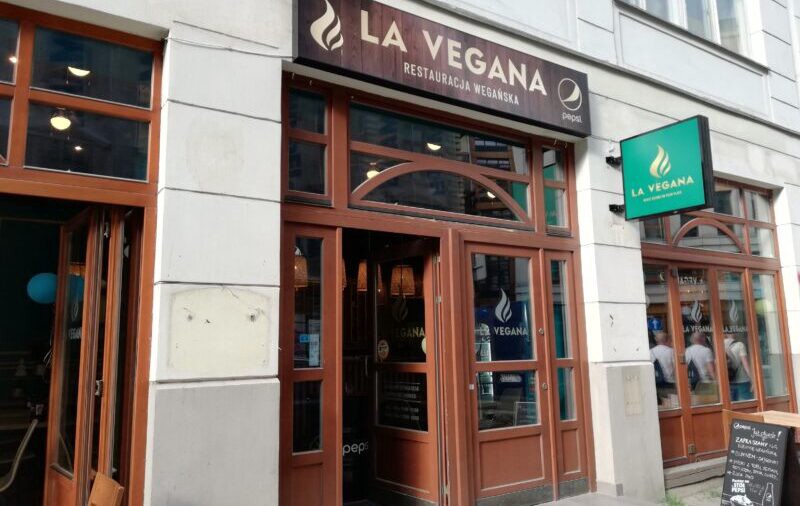
And if you’re Vegan like me, you most certainly won’t go hungry. Warsaw was ranked sixth most Vegan friendly city in the world, which is shocking considering its traditional meat and potatoes roots. But that doesn’t mean that meat eaters can’t enjoy themselves. Warsaw has some of the best restaurants in all of Europe, from Steak Houses all the way Traditional Polish cuisine.
Culture
With over 1,000 years of History, Poland’s cultural roots run deep. From the Polish-Lithuanian Commonwealth, to a non existant Poland in the 18th century, Polish Artists, Musicians, Scientists and Writers have contributed significantly to Western Culture.
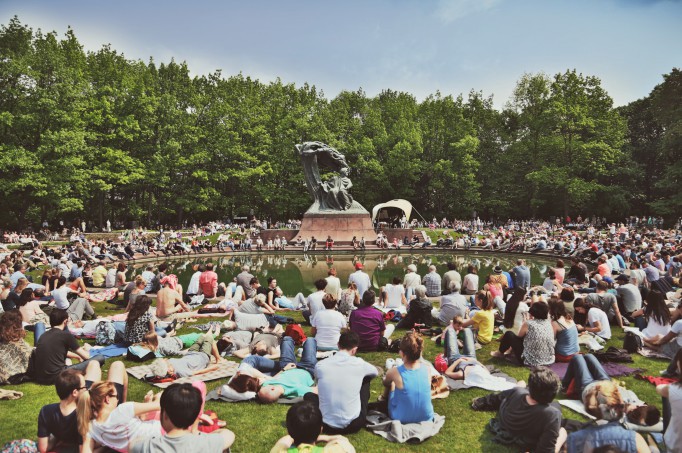
On a warm summer Sunday afternoon, you can go to the Royal Baths Park for a Chopin concert, or if World War II History is more up your alley, visit one of the many War Museums.

You can visit Krakow in the south and see one of the most beautiful and historic Old Towns in all of Europe, or go next door to see the Wieliczka Salt Mine, A UNESCO world heritage site.
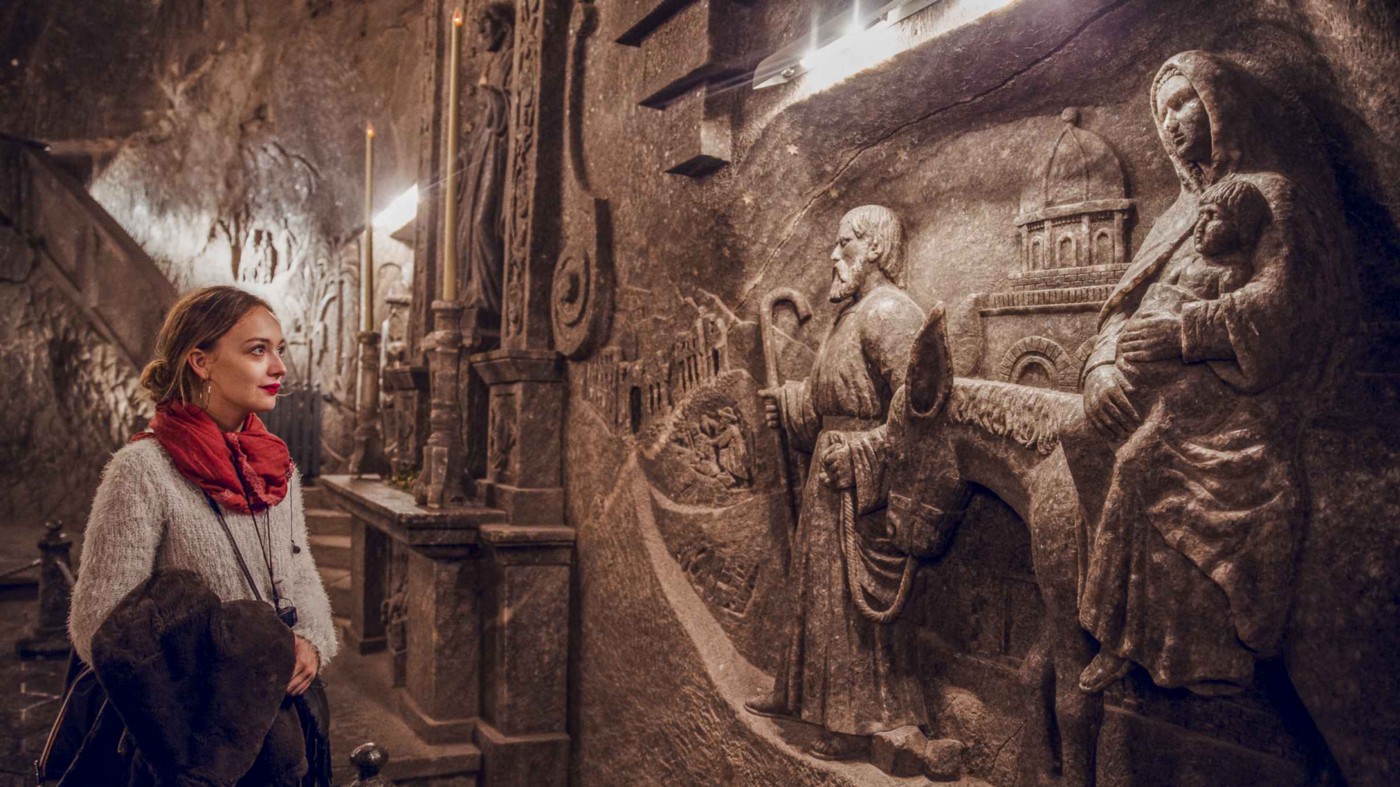
It’s Inexpensive
Although prices have been creeping higher, Poland in general is still a very cheap place to live. Warsaw is the most expensive city, but still pales in comparison to most US and Western European Cities. And even with steady GDP per capita growth over the years, it’s still a relatively inexpensive place to live.
A one bedroom flat in the city center will run you about $600 per month with around 500 square feet (about 50 sq meters) in 2021. The average Uber across town will run you about $3, and $8 from the city center to the airport. $15 on Uber Eats will feed 2 hungry individuals with leftovers for the following morning.
No Workaholism for the Sake of Workaholism
Unlike some European countries in the south and the west, Poland has a healthy balance of hard work and leisure time. Poles work hard, but not for the sake of working hard. The US has a culture of workaholism and not much of a delineation between work and life. In the US, work is life, and it’s made apparent by interactions with Americans at social events. A typical question you’ll get from an American upon meeting them is, “so what do you do for a living?” Whereas the same question from a Pole is only posed once you really get to know them. There is a greater emphasis on work life balance amongst the Poles, which actually in turn makes folks more productive.
But don’t think that the Poles are slacking either, they’re not ones to take siestas in the middle of the day or 3 months off in the Summer. Poles are ranked one of the hardest working nations in the world. It ranks seventh, behind Mexico, South Korea, Chile, Russia, Greece and Costa Rica as a function of total number of hours worked in 2018. But Poland still maintains a healthy work-life balance culture. Work hard but also play hard.
You’re No More than 2,5 Hours and €50 Away From Something Incredible
The beauty of being based in Central Europe, is that you’re just a short WizzAir or RyanAir flight away from something spectacular. After a long week, you can hop on a flight Friday evening, and arrive in Rome before 9 PM. Below are just a few examples of destinations you can visit that are within a 2,5 hour radius of Warsaw Chopin Airport.
London — 2,5 hours
Paris — 2,5 hours
Rome — 2,5 hours
Istanbul — 2,5 hours
And if you’re like me, someone who was spoiled by the mild winters of the San Francisco Bay Area, you can snowbird it to Tel Aviv, only 3,5 hours away or the Canary Islands, a mere 5 hour flight.
In conclusion, the move from the Bay Area to Poland was one of the best decisions I’ve ever made. Poland is at an inflection point in its history whereby economic growth is catalyzed by a highly skilled and diverse workforce, coupled with major investments from abroad. Many EU citizens from Portugal, Italy and Spain are moving to Poland given the low unemployment rates, growing GDP per capita and low crime rates.
I like to draw parallels between Poland now and Israel in the 90’s. Israel saw massive investments from both the Public and Private sectors in the 1990’s. Poland is doing much the same now except in a country that has a population that is 4 times that of Israel.
I’m incredibly optimistic of where Poland will be in the 2030’s and am proud to be a part of the story.
UPDATE:
Pulling a quote from Grzegorz Zebrowski that I thought was worthy to share as a footnote:
What’s very counterintuitive to many people in Poland is that we often tend to feed our inferiority complexes and perceive our country as a poor backwater exporter of car parts, furniture or plumbers and nurses. While in fact, we transformed from a country of emigrants to a country of immigrants and our ICT sector employs more than 400k people (vs 80–90k in mining or 93k in top 4 energy companies combined).
There is still a lot to do in our innovation ecosystem but we are, in fact at an infliction point in our history.
Dominik Andrzejczuk


